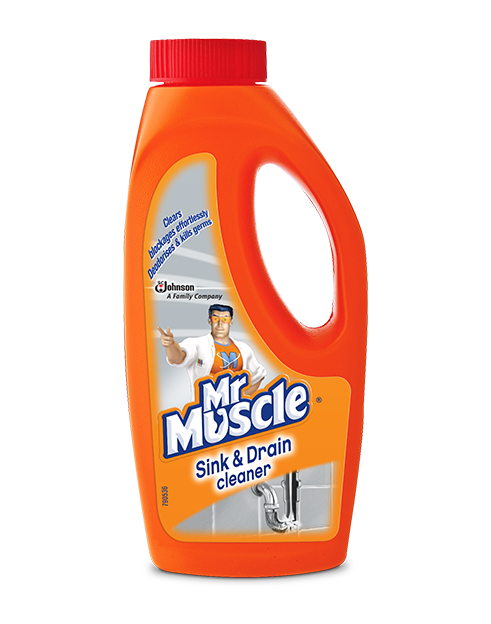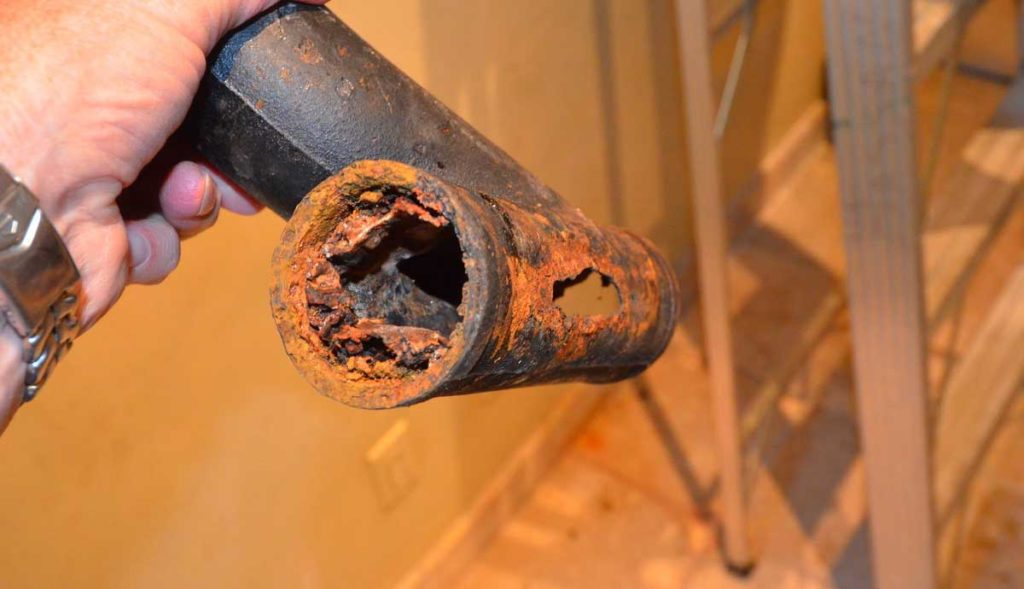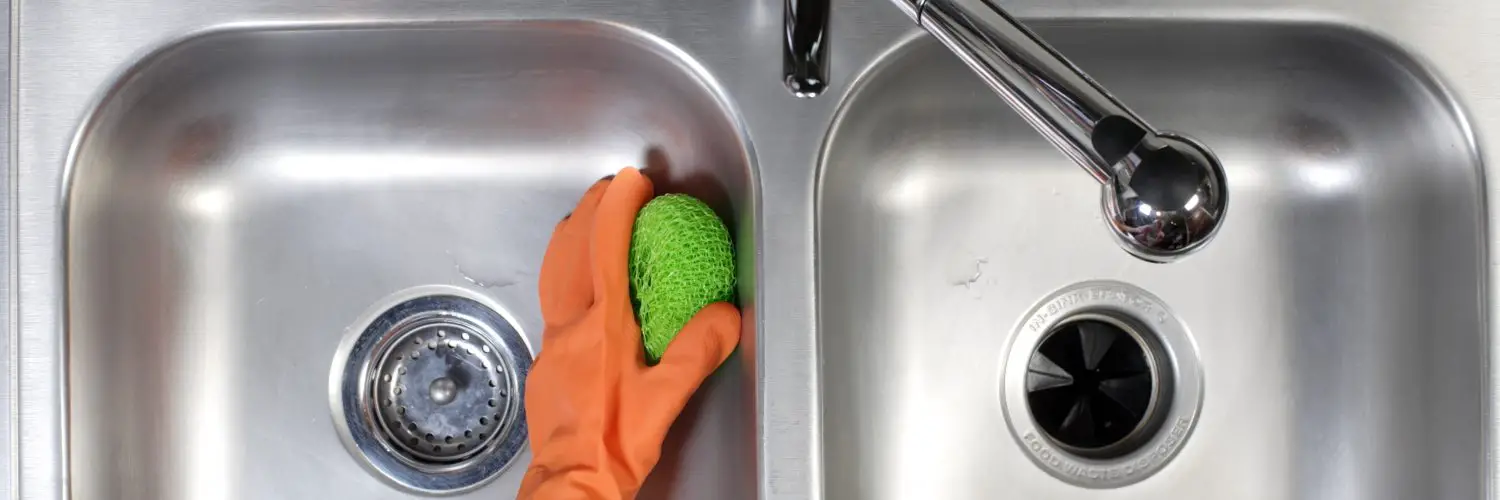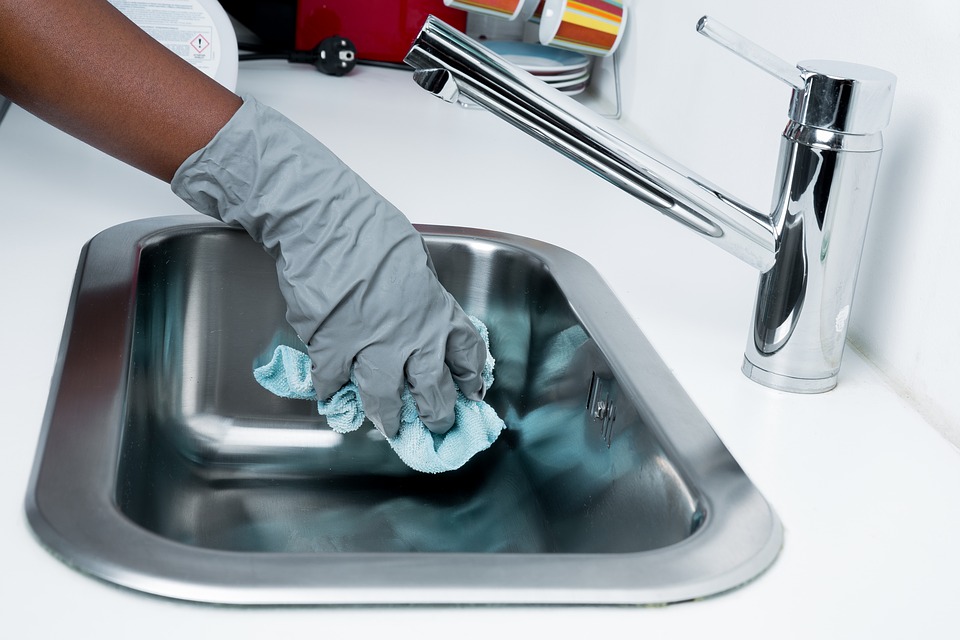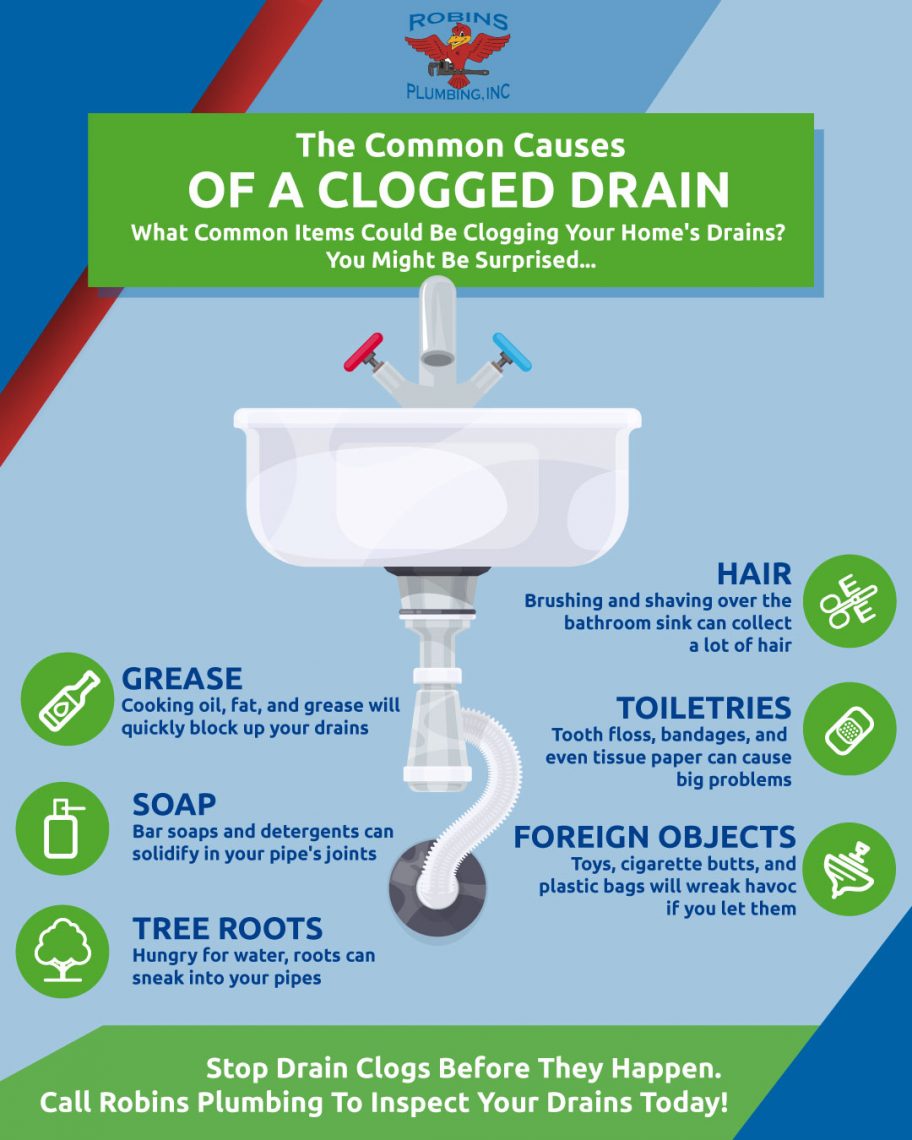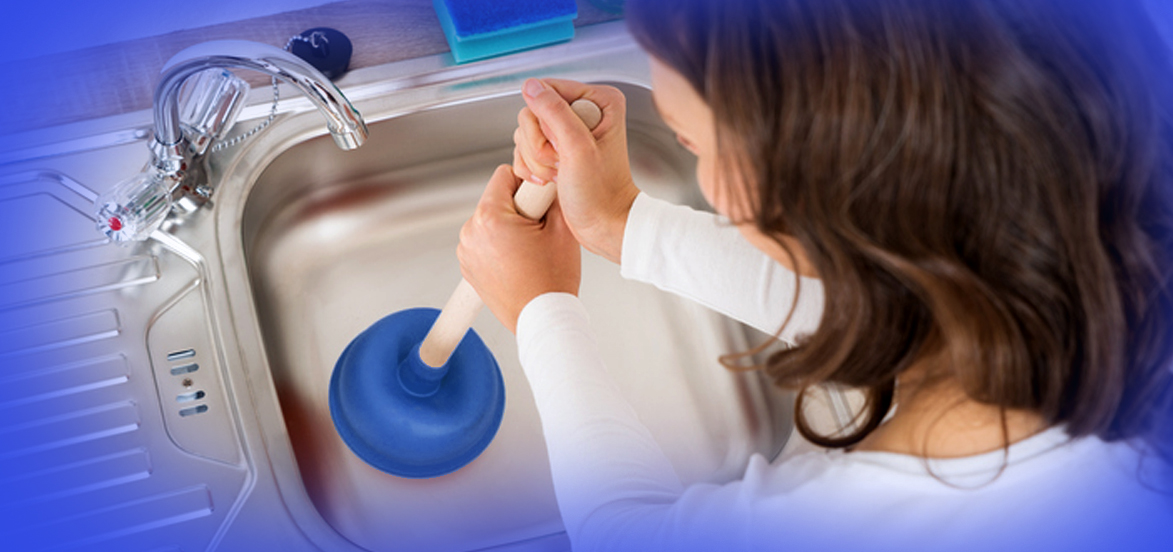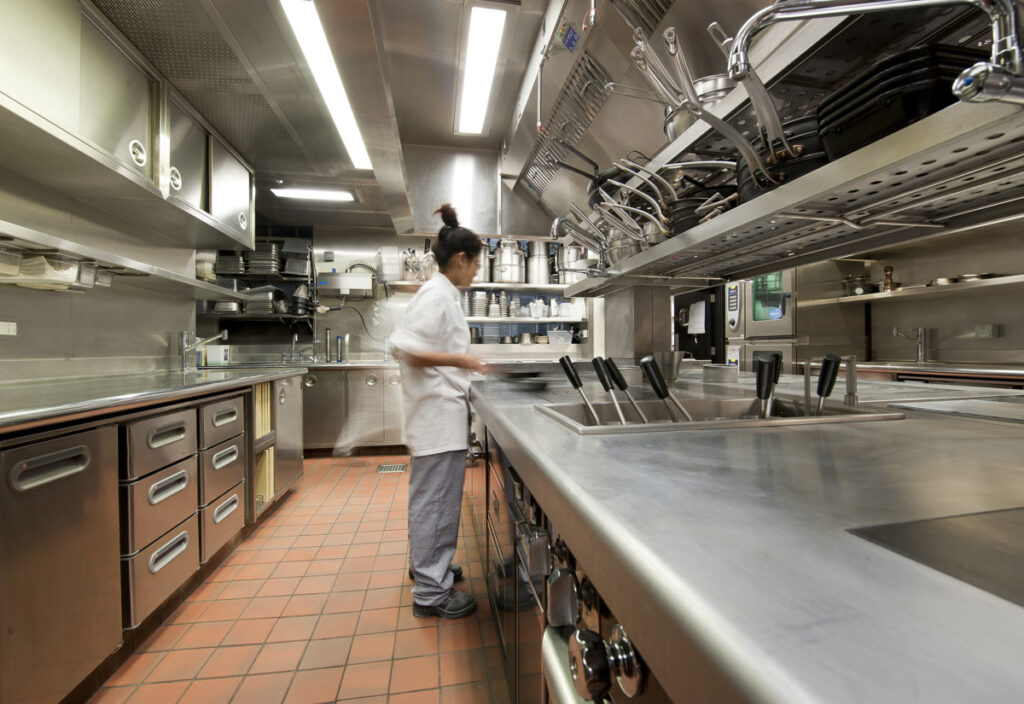If you're dealing with a clogged basement drain, there are a few methods you can try to clear it out. First, try using a plunger to dislodge any blockages. Place the plunger over the drain and pump it up and down several times. If that doesn't work, you can try using a drain snake to remove any debris or buildup in the pipes. Another option is to use a mixture of baking soda and vinegar to break down any clogs. Pour half a cup of baking soda down the drain, followed by half a cup of vinegar. Let it sit for 15-20 minutes before flushing it with hot water. This can help break up any stubborn clogs and clear your basement drain. For more serious clogs, it may be necessary to call a professional plumber to use specialized equipment to clear the blockage. They can also inspect the drain for any underlying issues that may be causing frequent clogs.1. How to Unclog a Basement Drain
A clogged kitchen sink can be a major inconvenience, but there are a few DIY methods you can try before calling a plumber. First, remove any standing water from the sink using a cup or bucket. Then, use a plunger to try and loosen the clog. Place the plunger over the drain and pump it up and down several times. If that doesn't work, you can try using a mixture of hot water and dish soap. Boil a pot of hot water and mix in a few tablespoons of dish soap. Pour the mixture down the drain and let it sit for a few minutes before flushing with hot water. This can help dissolve any grease or buildup causing the clog. If the clog persists, you may need to use a drain snake to remove the blockage. Insert the snake into the drain until you feel resistance, then rotate it to break up the clog. Once you're able to push the snake through, flush the drain with hot water to clear out any remaining debris.2. How to Unclog a Kitchen Sink
There are several DIY methods you can try to clear a clogged drain in your basement or kitchen sink. As mentioned before, using a plunger or a mixture of baking soda and vinegar can be effective for minor clogs. Another option is to use a drain snake, which can be purchased at most hardware stores. If you're dealing with a particularly stubborn clog, you can try using a mixture of hot water, salt, and baking soda. Mix half a cup of each ingredient and pour it down the drain. Let it sit for 10-15 minutes before flushing with hot water. The combination of hot water and the abrasive texture of the salt and baking soda can help break up the clog. It's important to note that while these DIY methods can be effective, they may not work for more severe clogs or underlying issues with your plumbing system. If you're not able to clear the clog on your own, it's best to call a professional plumber for assistance.3. DIY Methods for Clearing a Clogged Drain
Clogged drains are a common issue in both basements and kitchen sinks. In basements, the main culprit is often debris or buildup in the pipes, such as hair, soap scum, and other materials. In kitchen sinks, grease, food particles, and other substances can cause clogs. Other common causes of clogged drains include tree roots invading the pipes, improper disposal of items like paper towels and wipes, and outdated plumbing systems. It's important to be mindful of what you're putting down your drains and to schedule regular maintenance to prevent clogs from occurring.4. Common Causes of Clogged Drains in Basements and Kitchen Sinks
If you're dealing with frequent clogs in your basement or kitchen sink, it may be time to call a professional drain cleaning service. These professionals have specialized equipment and expertise to clear stubborn clogs and identify any underlying issues with your plumbing system. Regular drain cleaning can also help prevent clogs from occurring in the first place. A professional plumber can use high-pressure water jets to clear out debris and buildup in your pipes, keeping them running smoothly and preventing future clogs.5. Professional Drain Cleaning Services for Basement and Kitchen Sinks
A plunger can be an effective tool for clearing clogged drains in your basement or kitchen sink. To use a plunger, make sure there is enough water in the sink or tub to cover the rubber part of the plunger. Place the plunger over the drain and pump it up and down several times, using enough force to create suction. If you're dealing with a double sink, make sure to plug the other drain with a rag or stopper to create enough suction. You may need to repeat this process a few times to completely clear the clog.6. Using a Plunger to Clear a Clogged Drain
Chemical drain cleaners can be effective for clearing clogs in your basement or kitchen sink, but they should be used with caution. These products contain harsh chemicals that can be harmful to your pipes and the environment. They should also be used according to the instructions and in well-ventilated areas. If you choose to use a chemical drain cleaner, make sure to wear gloves and eye protection and to avoid contact with your skin. It's also important to properly dispose of any leftover product and to thoroughly rinse the drain after use.7. Chemical Drain Cleaners for Basement and Kitchen Sinks
The best way to deal with clogged drains is to prevent them from happening in the first place. Here are a few tips to help keep your drains running smoothly:8. Preventing Clogged Drains in Basements and Kitchen Sinks
It's important to be aware of the signs of a clogged drain so you can take action before it becomes a major issue. Some common signs to watch out for include:9. Signs of a Clogged Drain in Your Basement or Kitchen Sink
While DIY methods can be effective for minor clogs, there are times when it's best to call a professional plumber for assistance. If you're not able to clear the clog on your own or if the clog keeps recurring, it's time to call in the experts. Additionally, if you notice any of the following issues, it's best to call a plumber right away:10. When to Call a Plumber for a Clogged Basement Drain or Kitchen Sink
The Importance of Proper Drainage in a Home Design

Understanding the Causes of Clogged Drains
 When designing a house, one of the most overlooked aspects is the drainage system. Yet, it plays a crucial role in maintaining the overall functionality and comfort of a home. A clogged drain can cause major inconveniences, especially in the basement and kitchen sink, which are high-traffic areas. It can lead to foul odors, slow draining water, and even flooding. Understanding the causes of clogged drains can help prevent this issue from occurring.
When designing a house, one of the most overlooked aspects is the drainage system. Yet, it plays a crucial role in maintaining the overall functionality and comfort of a home. A clogged drain can cause major inconveniences, especially in the basement and kitchen sink, which are high-traffic areas. It can lead to foul odors, slow draining water, and even flooding. Understanding the causes of clogged drains can help prevent this issue from occurring.
Improper Installation and Maintenance
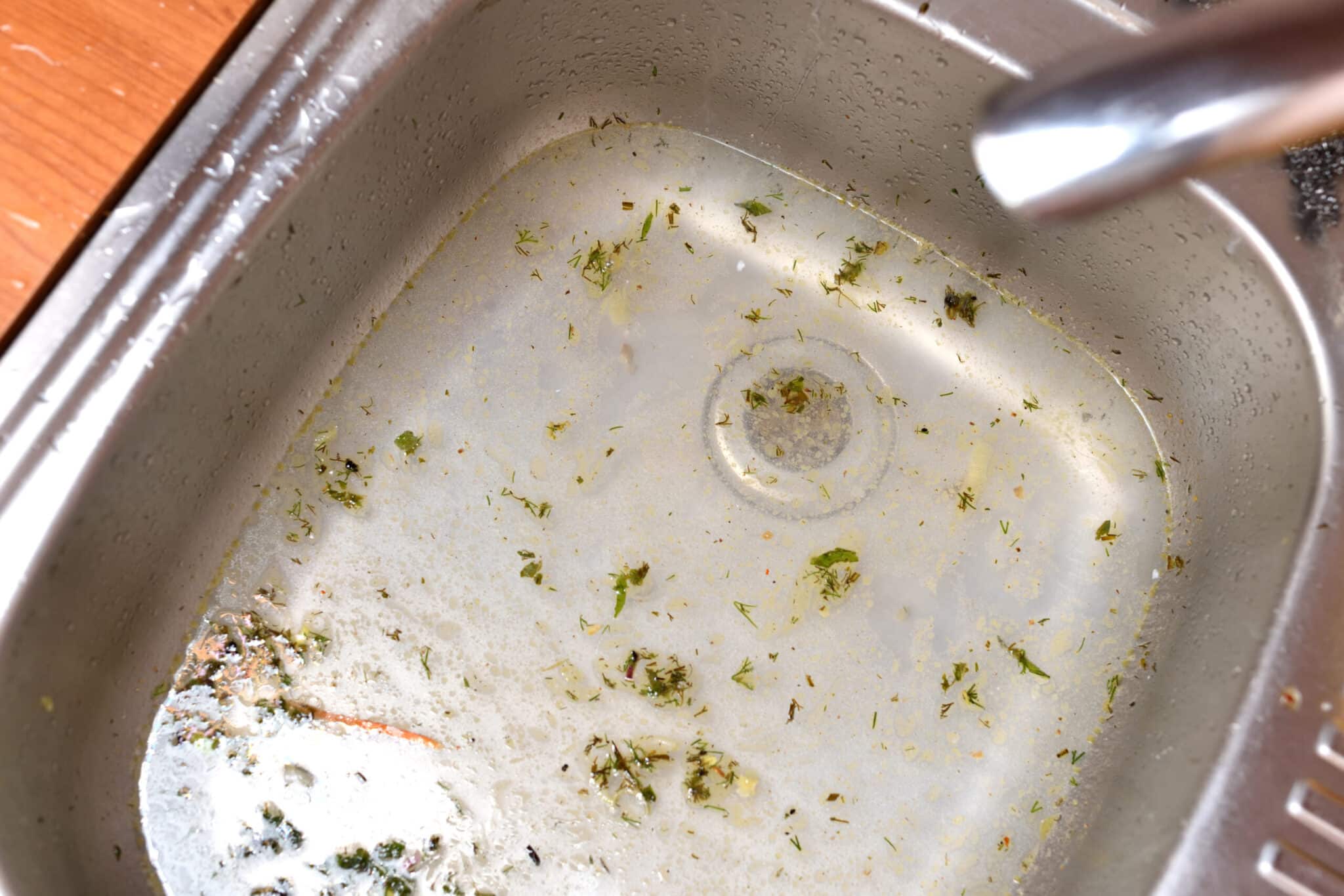 One of the main causes of clogged drains is improper installation and maintenance. Many homeowners tend to overlook the importance of regular maintenance of their drainage system. Over time, debris, grease, and other substances can build up in the pipes, causing blockages. Additionally, if the pipes are not properly installed, they can become misaligned or damaged, leading to clogs. It is important to hire a professional plumber to ensure proper installation and conduct regular maintenance to prevent clogs.
One of the main causes of clogged drains is improper installation and maintenance. Many homeowners tend to overlook the importance of regular maintenance of their drainage system. Over time, debris, grease, and other substances can build up in the pipes, causing blockages. Additionally, if the pipes are not properly installed, they can become misaligned or damaged, leading to clogs. It is important to hire a professional plumber to ensure proper installation and conduct regular maintenance to prevent clogs.
Tree Roots and Landscaping
 Another common cause of clogged drains is tree roots and landscaping. As trees grow, their roots can extend and infiltrate underground pipes, causing damage and blockages. This is especially common in older homes with clay pipes. Additionally, if the landscaping is not planned properly, it can cause soil to shift and put pressure on the pipes, leading to clogs. It is important to consider the placement of trees and landscaping when designing a house to prevent potential clogs.
Another common cause of clogged drains is tree roots and landscaping. As trees grow, their roots can extend and infiltrate underground pipes, causing damage and blockages. This is especially common in older homes with clay pipes. Additionally, if the landscaping is not planned properly, it can cause soil to shift and put pressure on the pipes, leading to clogs. It is important to consider the placement of trees and landscaping when designing a house to prevent potential clogs.
Preventing Clogs in Your Home Drainage System
 To prevent clogged drains in your basement and kitchen sink, it is important to take preventative measures. Regularly clean your drains using natural methods such as pouring boiling water down the drain or using a mixture of baking soda and vinegar. Avoid disposing of grease, oil, and food scraps down the kitchen sink. Also, consider installing a drain screen to catch any debris before it enters the pipes. Regularly inspect and maintain your drainage system to ensure it is functioning properly.
To prevent clogged drains in your basement and kitchen sink, it is important to take preventative measures. Regularly clean your drains using natural methods such as pouring boiling water down the drain or using a mixture of baking soda and vinegar. Avoid disposing of grease, oil, and food scraps down the kitchen sink. Also, consider installing a drain screen to catch any debris before it enters the pipes. Regularly inspect and maintain your drainage system to ensure it is functioning properly.
In Conclusion
 Proper drainage is a crucial aspect of a well-designed home. Neglecting the drainage system can lead to clogged drains, which can cause major inconveniences and even damage to your home. By understanding the causes of clogged drains and taking preventative measures, you can ensure a functional and comfortable living space for you and your family. Remember to hire a professional plumber for installation and maintenance to avoid any potential issues.
Proper drainage is a crucial aspect of a well-designed home. Neglecting the drainage system can lead to clogged drains, which can cause major inconveniences and even damage to your home. By understanding the causes of clogged drains and taking preventative measures, you can ensure a functional and comfortable living space for you and your family. Remember to hire a professional plumber for installation and maintenance to avoid any potential issues.
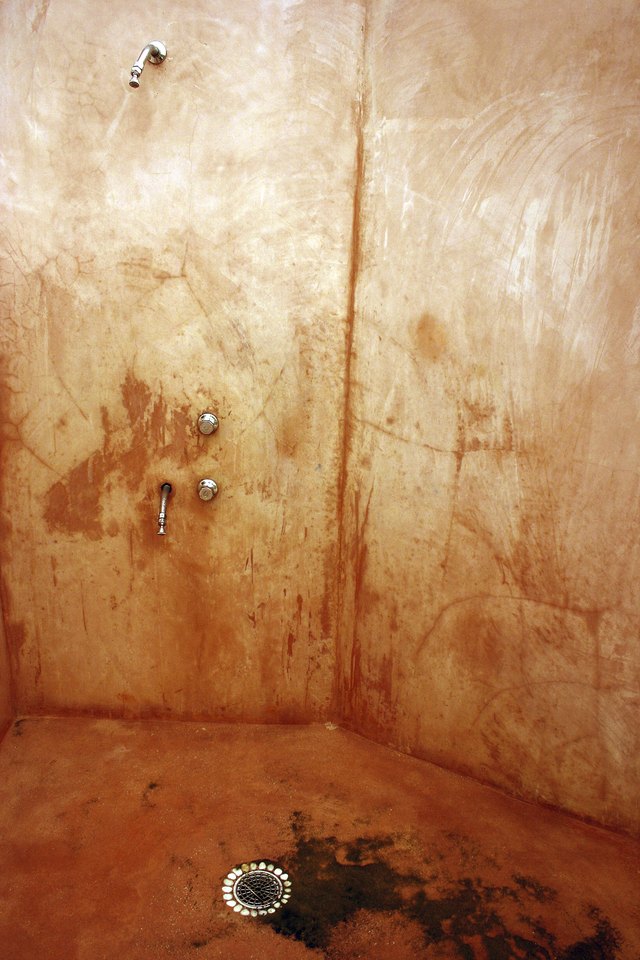

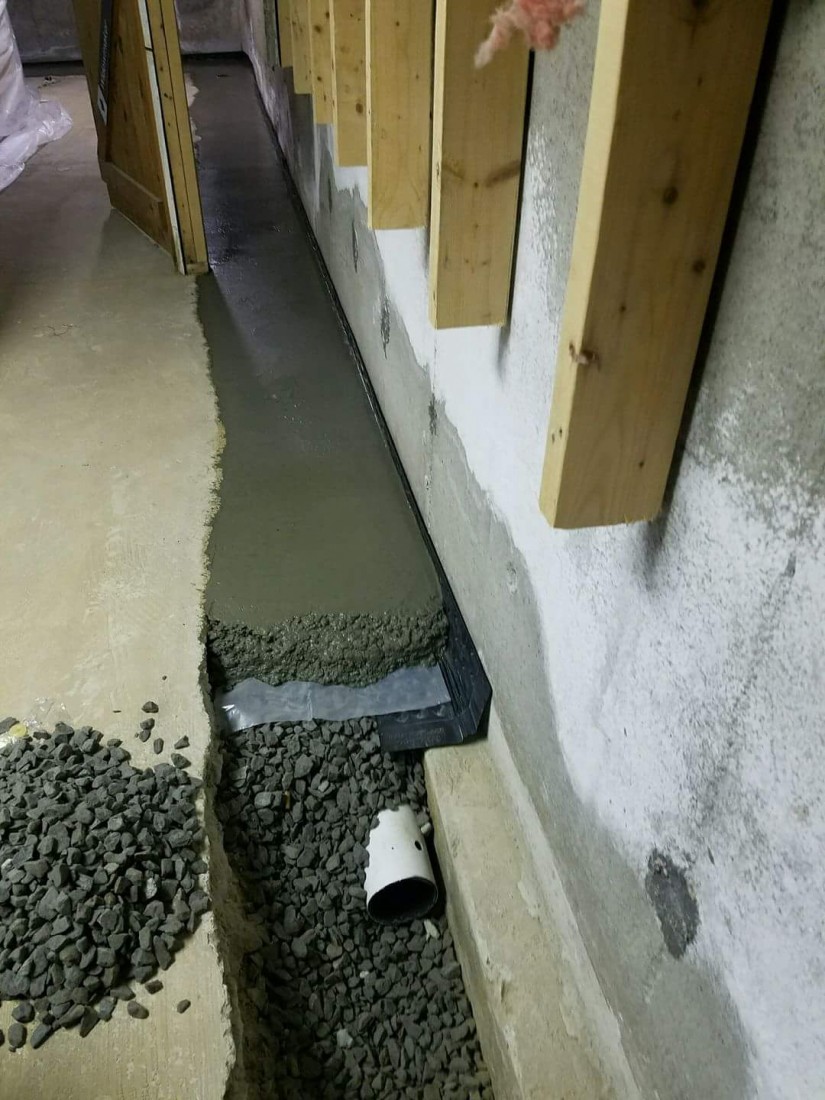
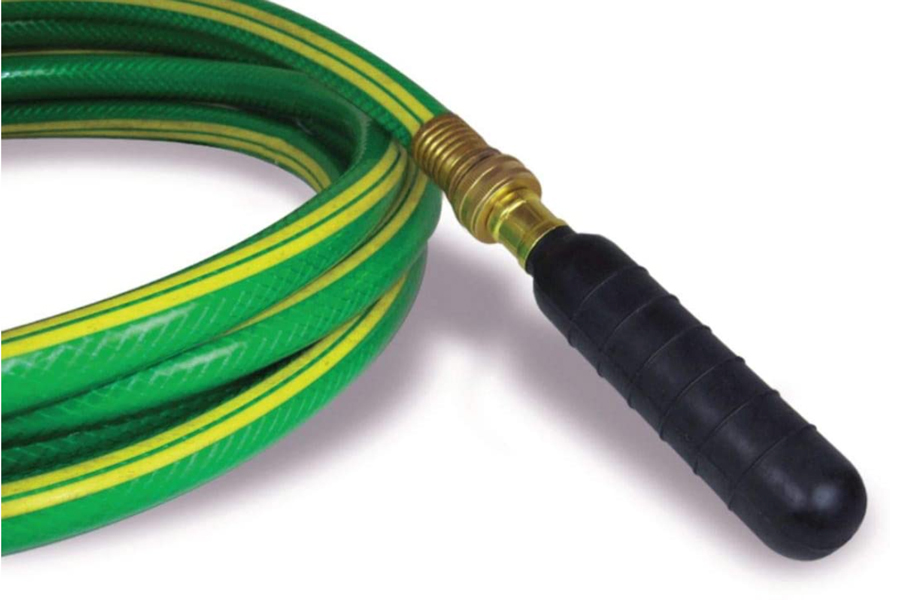

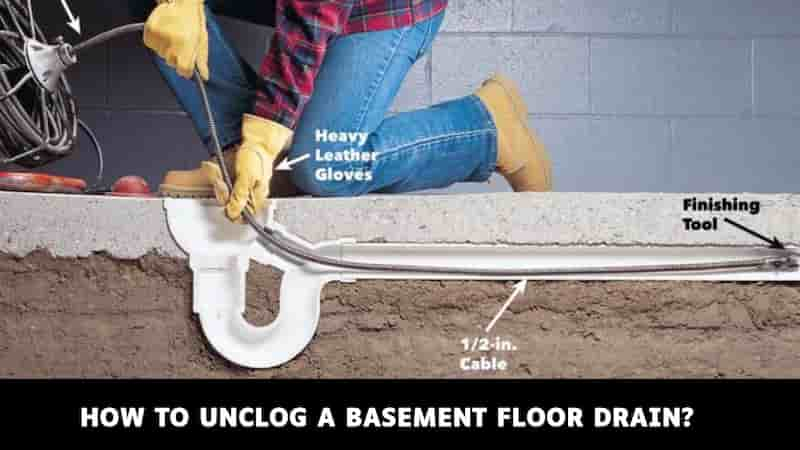
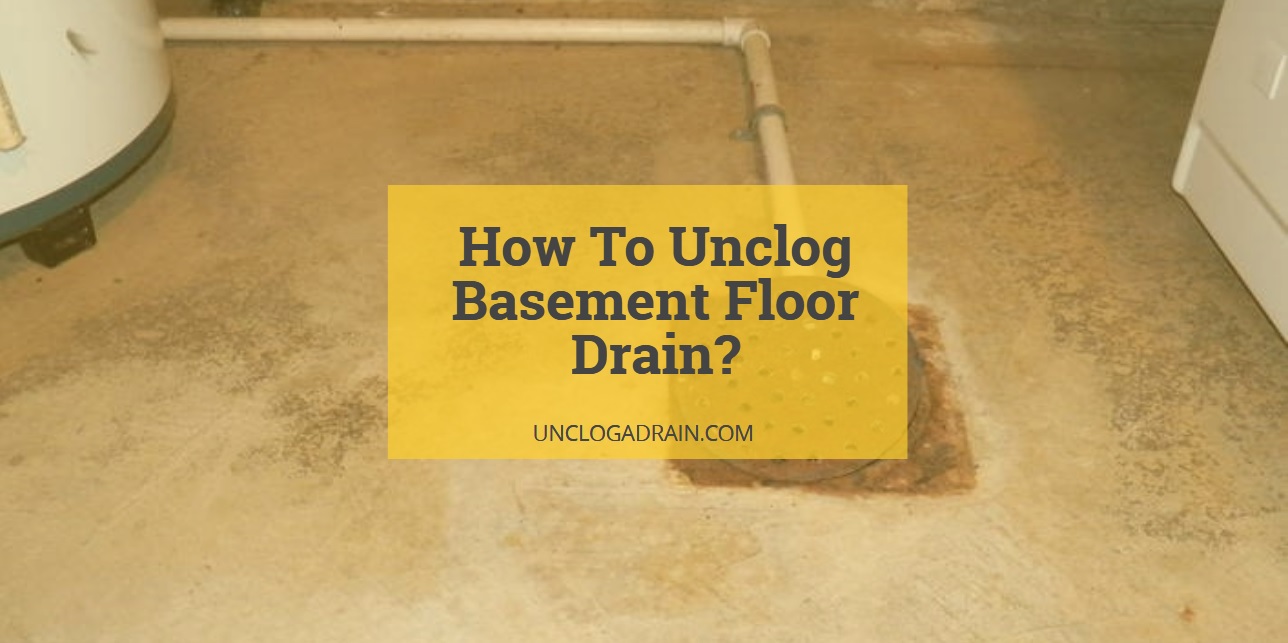




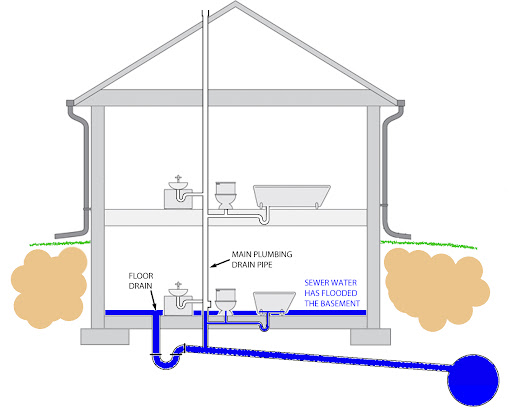
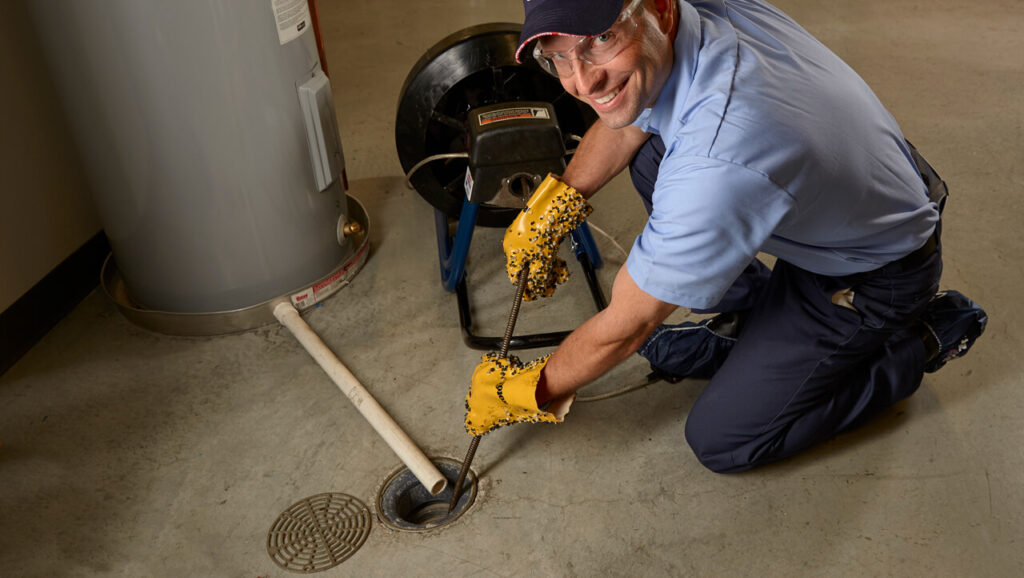
/plumber-unclogging-kitchen-sink-169270382-5797a9355f9b58461f27f024.jpg)



/how-to-unclog-a-kitchen-sink-2718799_sketch_FINAL-8c5caa805a69493ab22dfb537c72a1b7.png)







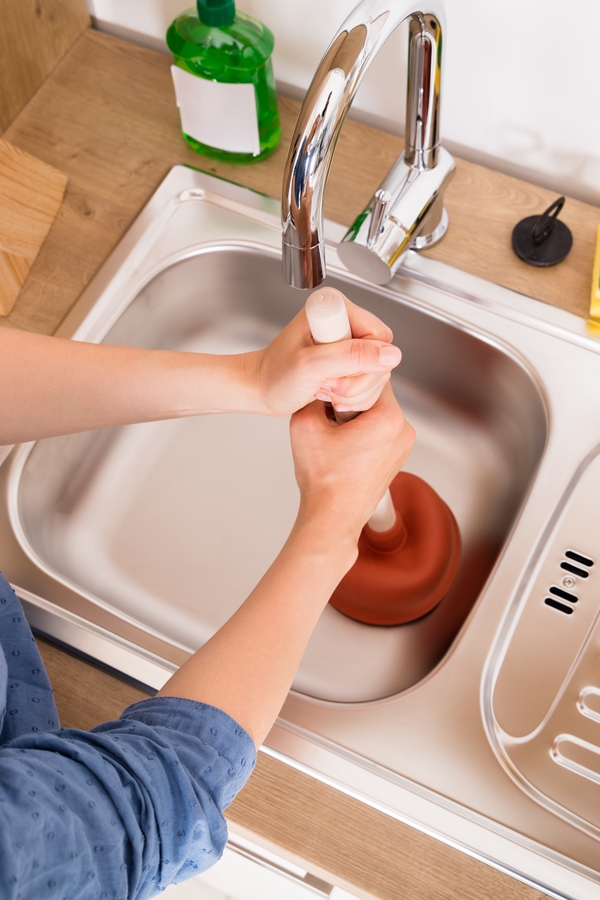


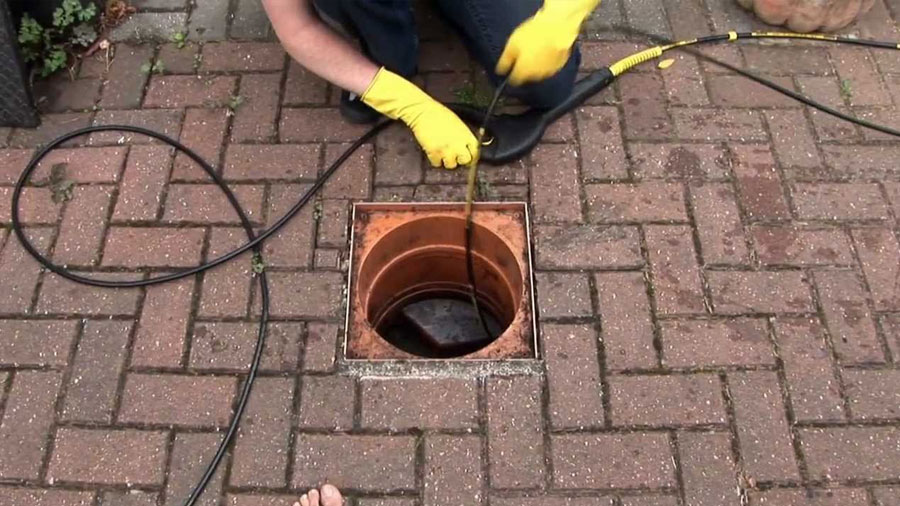

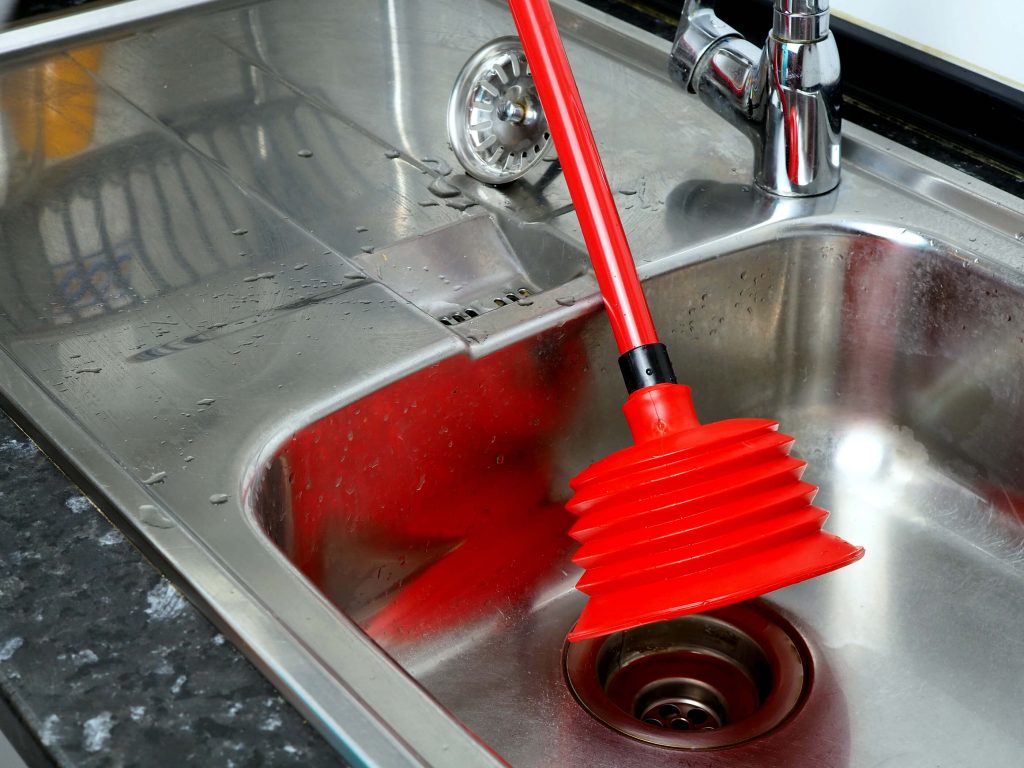


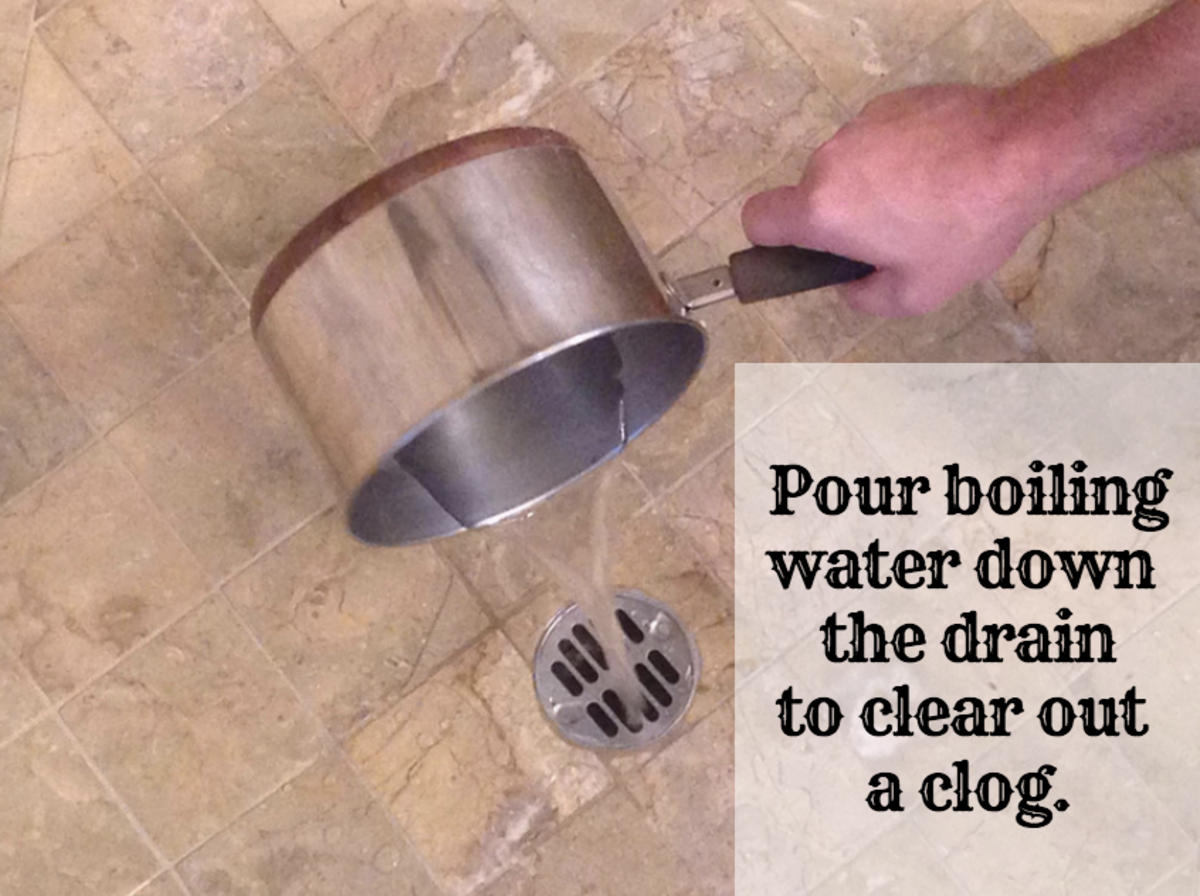

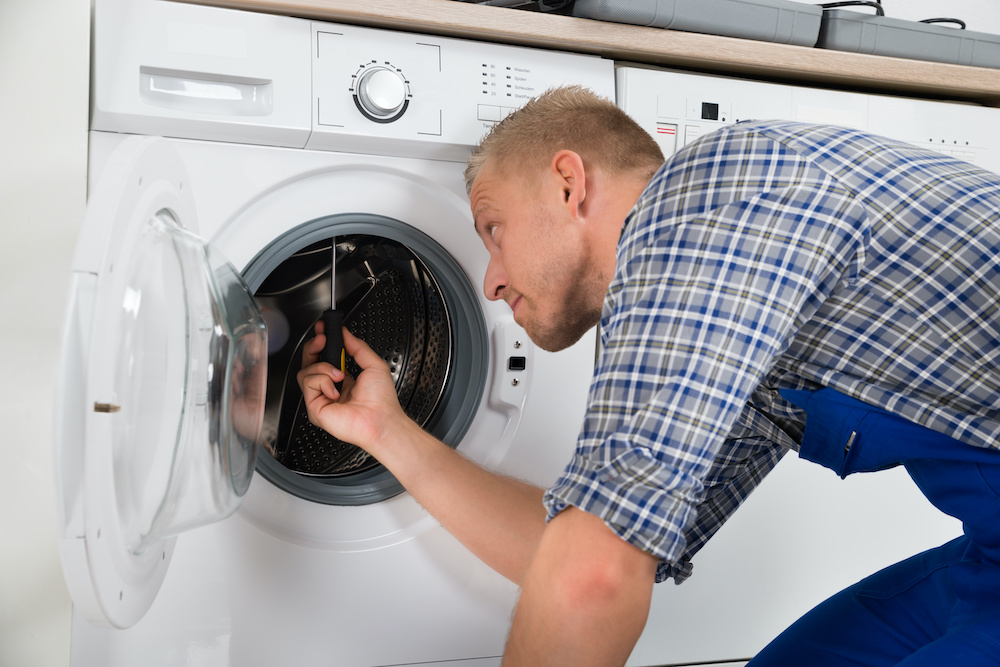
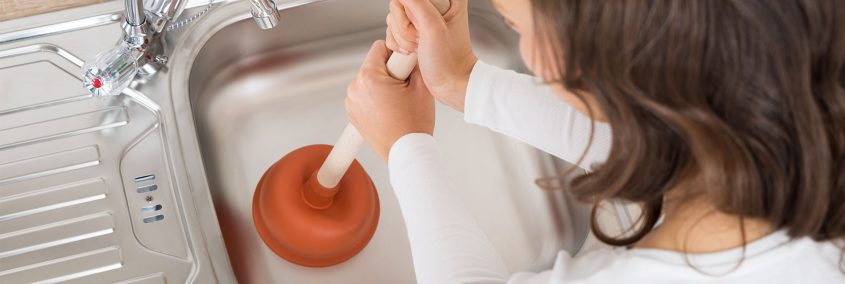




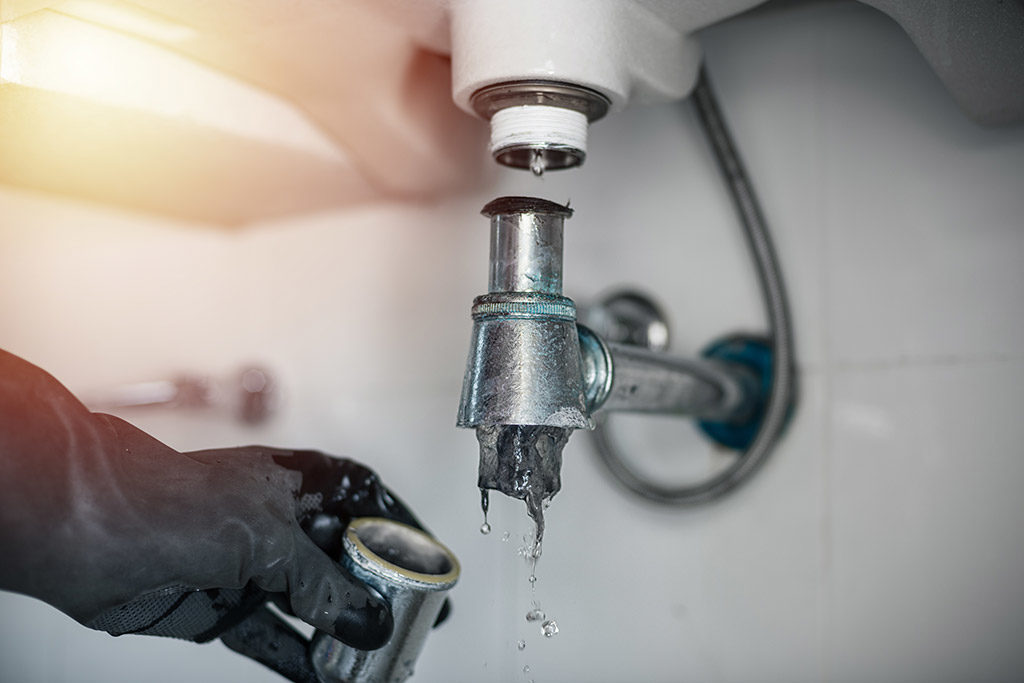


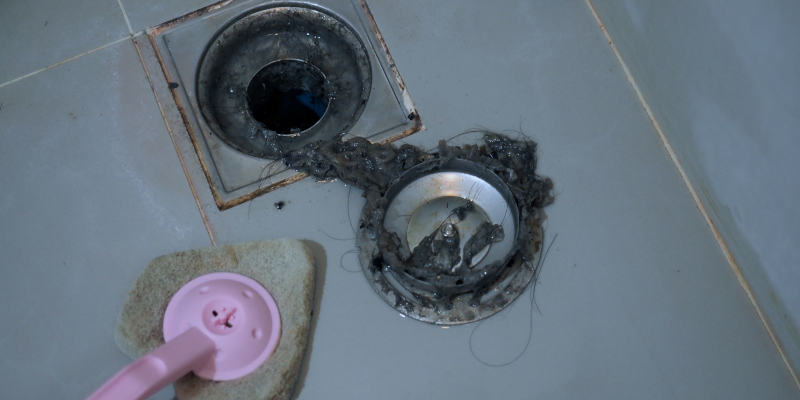



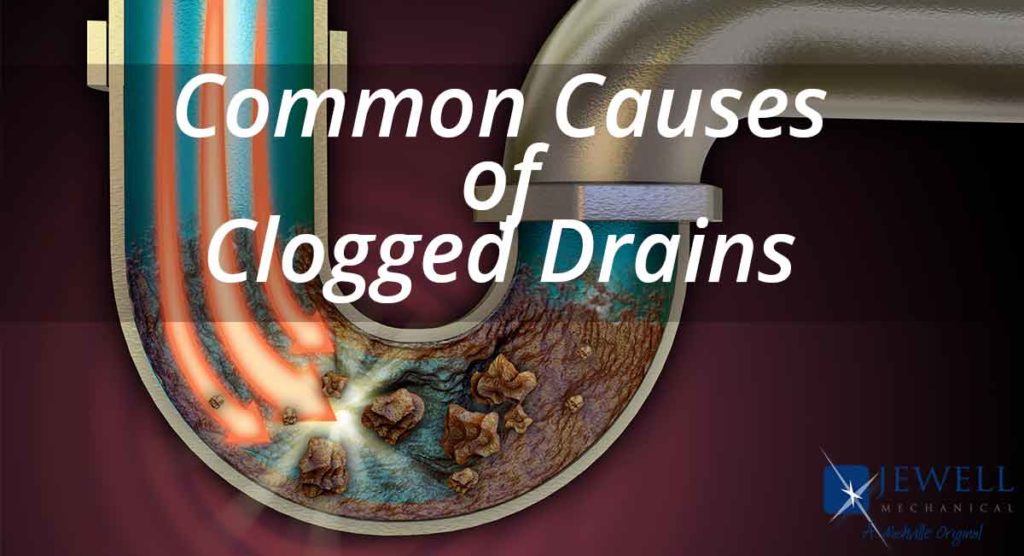

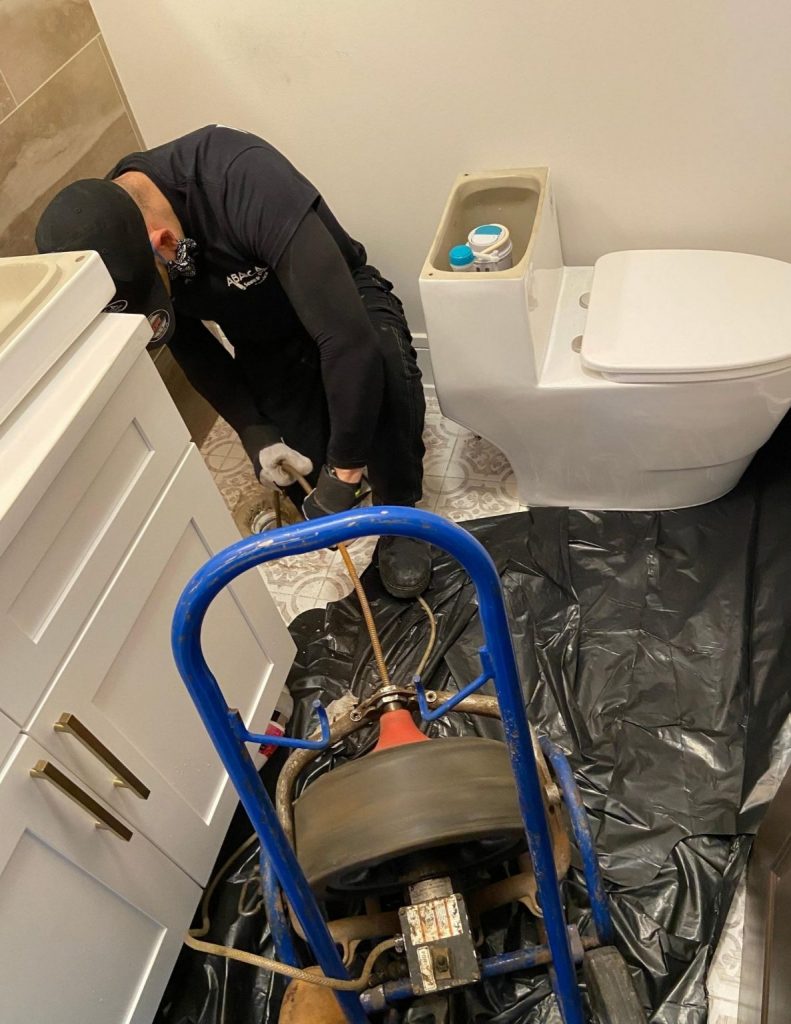

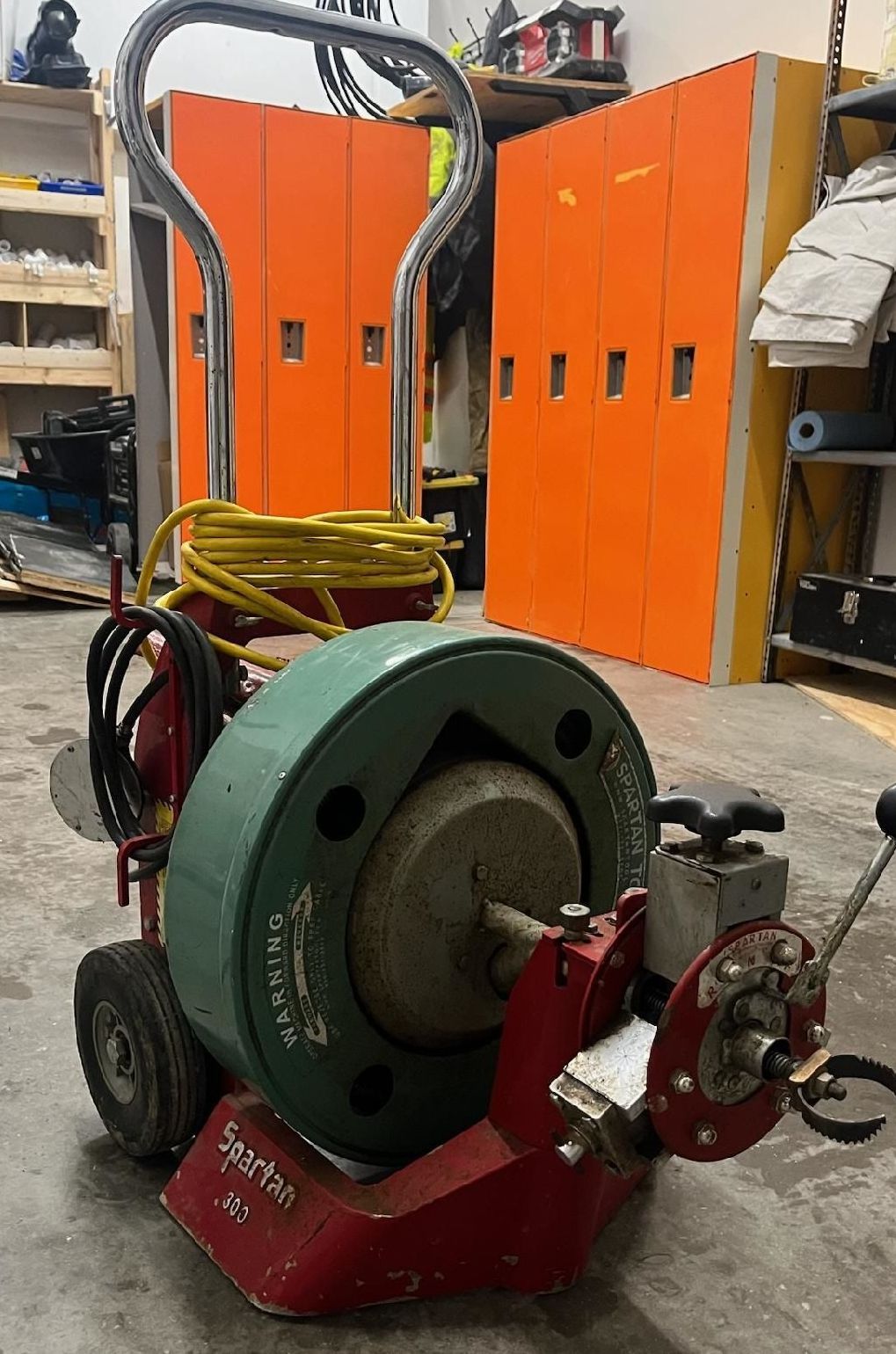
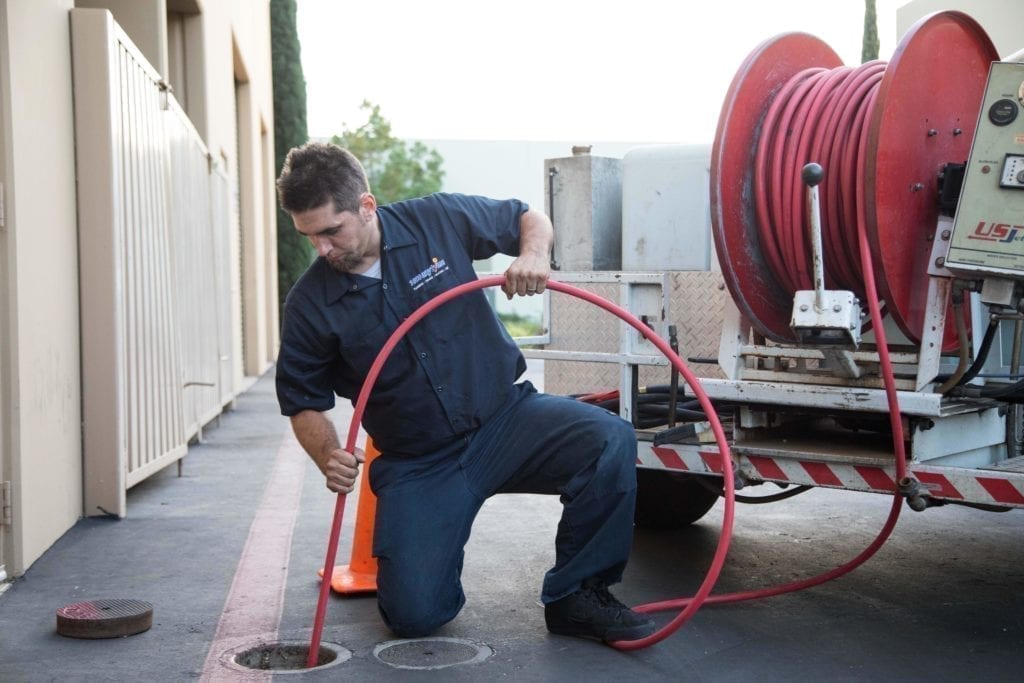

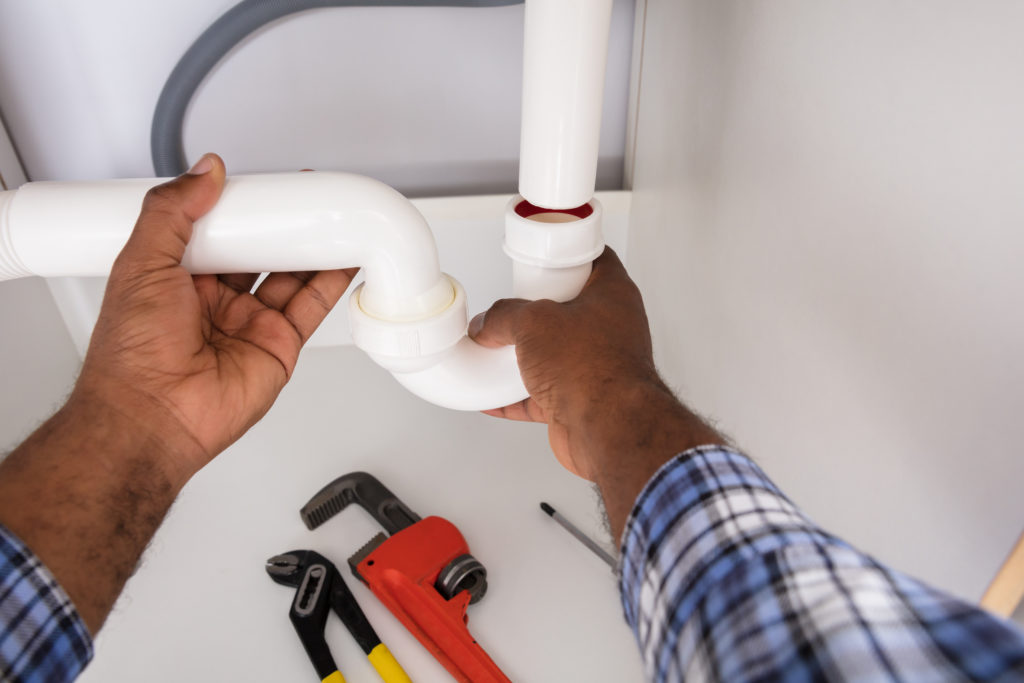

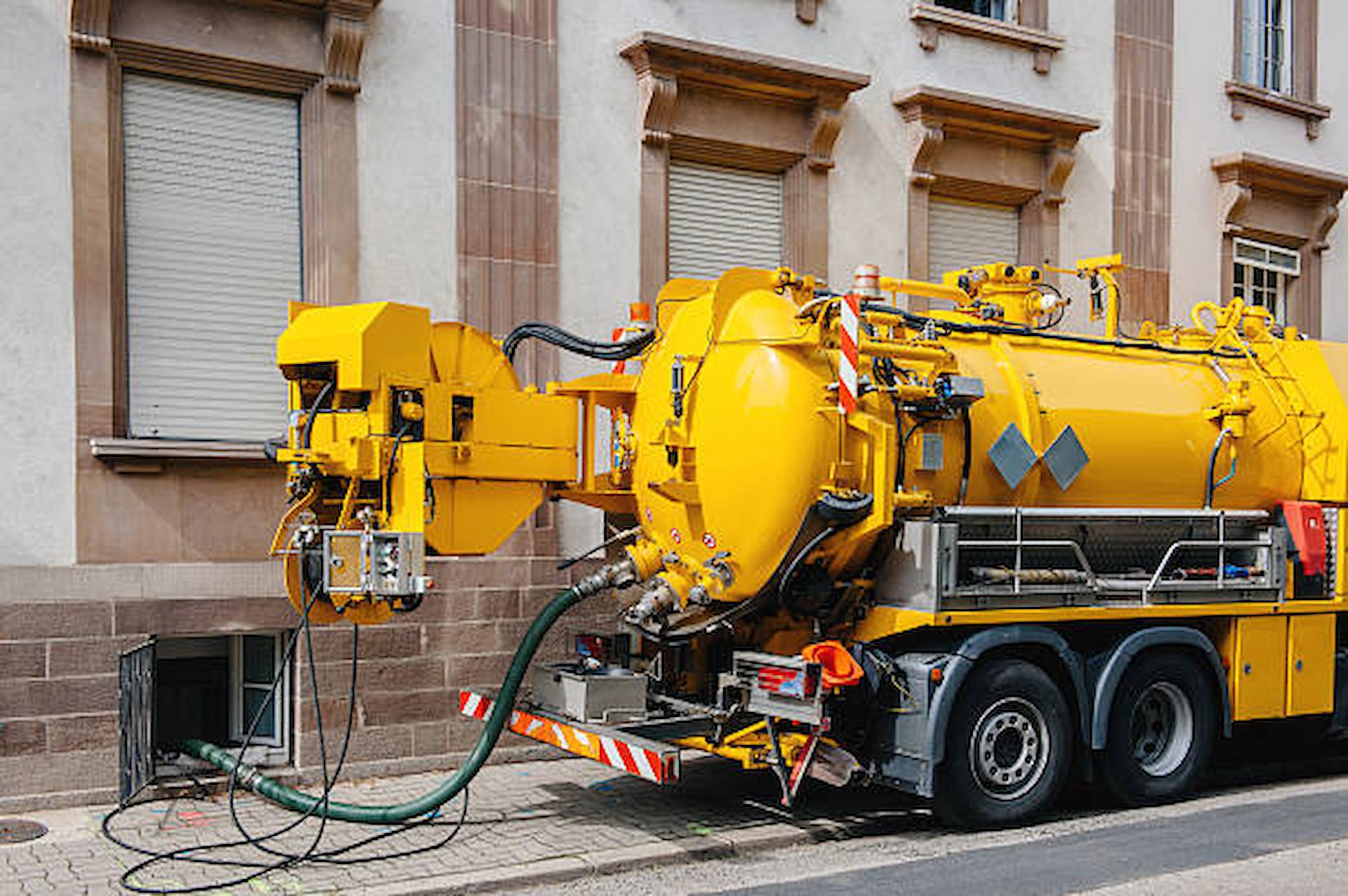
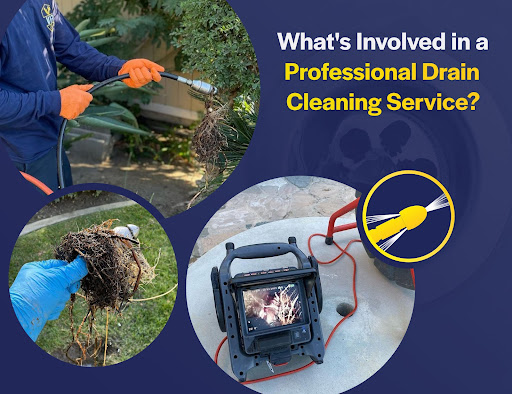



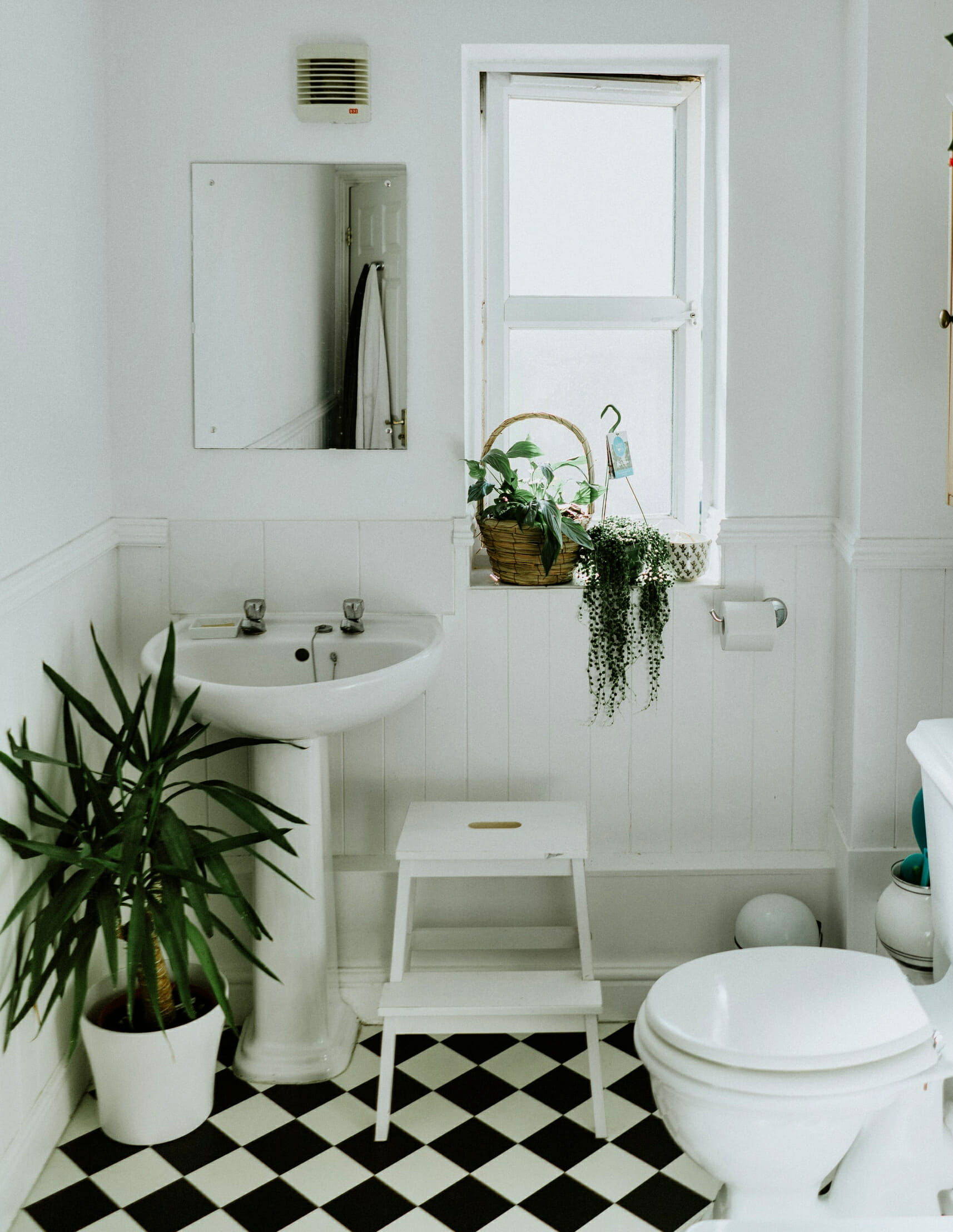
:max_bytes(150000):strip_icc()/freshen-and-unclog-drain-with-baking-soda-1900466-22-bbf940b70afa4d5abef0c54da23b1d3f.jpg)

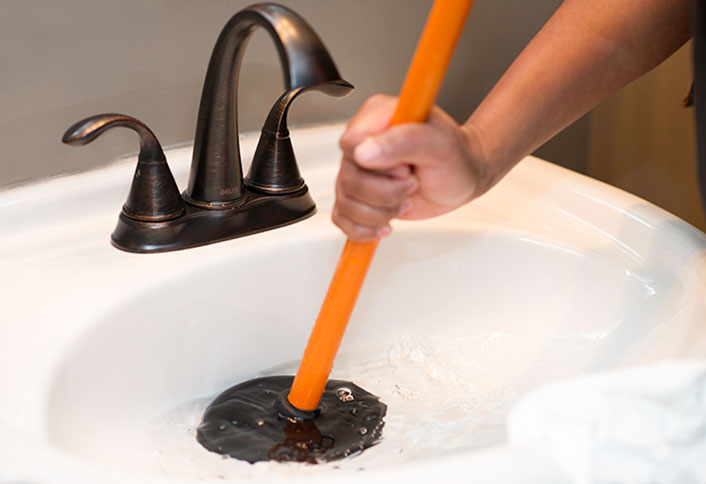

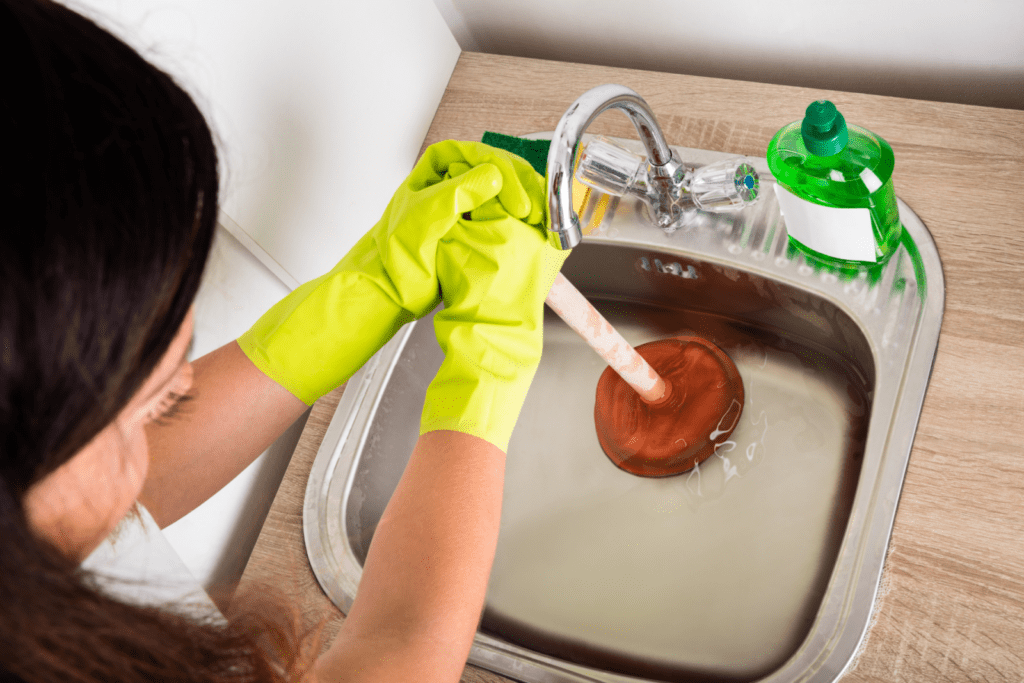
:max_bytes(150000):strip_icc()/freshen-and-unclog-drain-with-baking-soda-1900466-17-20179d73b7a2455797ebc6a5f5bf7479.jpg)



